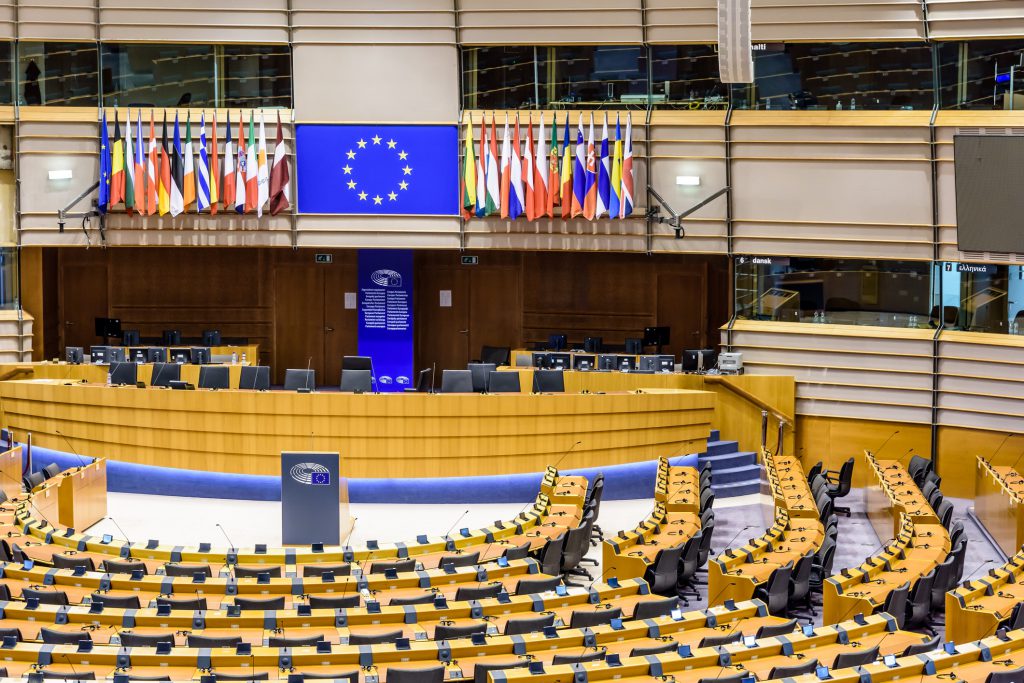Are we heading for a Metsola vs Muscat showdown?

As Malta gears up for the upcoming European Parliament elections, all eyes are fixed on a potentially monumental clash between two prominent figures: incumbent EP President Roberta Metsola and former Prime Minister Joseph Muscat. In recent days the latter has publicly expressed his interest, and the idea that he is toying with such thought has already sent thousands of his admirers in overdrive. Indeed, if Muscat were to enter the race it would be a watershed moment marking his political comeback but also signal a new chapter in Malta’s political history.
Such political showdown would not only capture the attention of the Maltese electorate but would also carry significant implications for the future direction of the country and its role within the EU.
Roberta Metsola, has emerged as a steadfast advocate for Malta on the European stage. Her tenure has been marked by a commitment to upholding democratic values, promoting human rights, and championing the interests of smaller EU member states. Metsola’s leadership has earned her widespread recognition and respect, both domestically and internationally, positioning her as a formidable candidate in the upcoming elections.
On the other hand, Joseph Muscat, a seasoned politician and former Prime Minister of Malta, presents a contrasting figure in this electoral battle. On one hand he will be remembered for his huge electoral successes and arguably the manner in which he championed equality and civil rights. Whether that was just for political convenience or intrinsically motivated is likely to remain debatable for years. Other feathers in his cap are the decision to provide free childcare for all and the robust economic growth, albeit at the cost of a sharp increase in Malta’s population.
However, his tenure was marred by controversy, particularly surrounding allegations of corruption and political scandals. Nonetheless, Muscat still commands a significant following within certain segments of Maltese society. His decision to enter the European Parliament race adds a layer of complexity to the electoral landscape, stirring debates about accountability, integrity, and the future direction of Maltese politics. At the time of writing Muscat is still the subject of a magisterial inquiry into the hospitals’ privatisation scandal. Moreover, let us not forget that his second term in office ended prematurely in the wake of the damning revelations which surfaced in the aftermath of the Daphne Caruana Galizia murder investigations. Muscat was forced to quit in the face of public turmoil at the end of 2019 amid evidence that members of his inner circle were under investigation. In a nutshell, Muscat is still under a dark shadow.
The implications of this electoral contest are far-reaching. Firstly, it underscores the importance of Malta’s representation in the European Parliament and the critical role that MEPs play in shaping EU policies that directly impact the lives of Maltese citizens. The outcome of this election will determine who will advocate for Malta’s interests on the European stage and influence decisions on issues ranging from economic recovery to climate change and migration.
Moreover, the Metsola-Muscat showdown has broader implications for the integrity of Malta’s political institutions and its commitment to upholding democratic principles.
This electoral contest serves as a litmus test for the Maltese electorate’s appetite for change and their willingness to break away from entrenched political dynasties. While Muscat represents a familiar face with a track record, Metsola embodies a new generation of leadership, untainted by the controversies of the past. Her candidacy symbolizes a break from the status quo and a potential paradigm shift in Maltese politics towards greater transparency, accountability, and ethical governance.
The choice facing Maltese voters would not merely be about selecting a representative for Brussels but about shaping the future of their country and reclaiming its standing on the European stage. The outcome of this electoral battle would resonate far beyond Malta’s shores, sending a clear message about the nation’s aspirations and its determination to chart a course towards a more prosperous, just, and democratic future.
For the time being this is still a hypothetical scenario, but judging by the situation on the ground such eventuality is increasingly likely.
